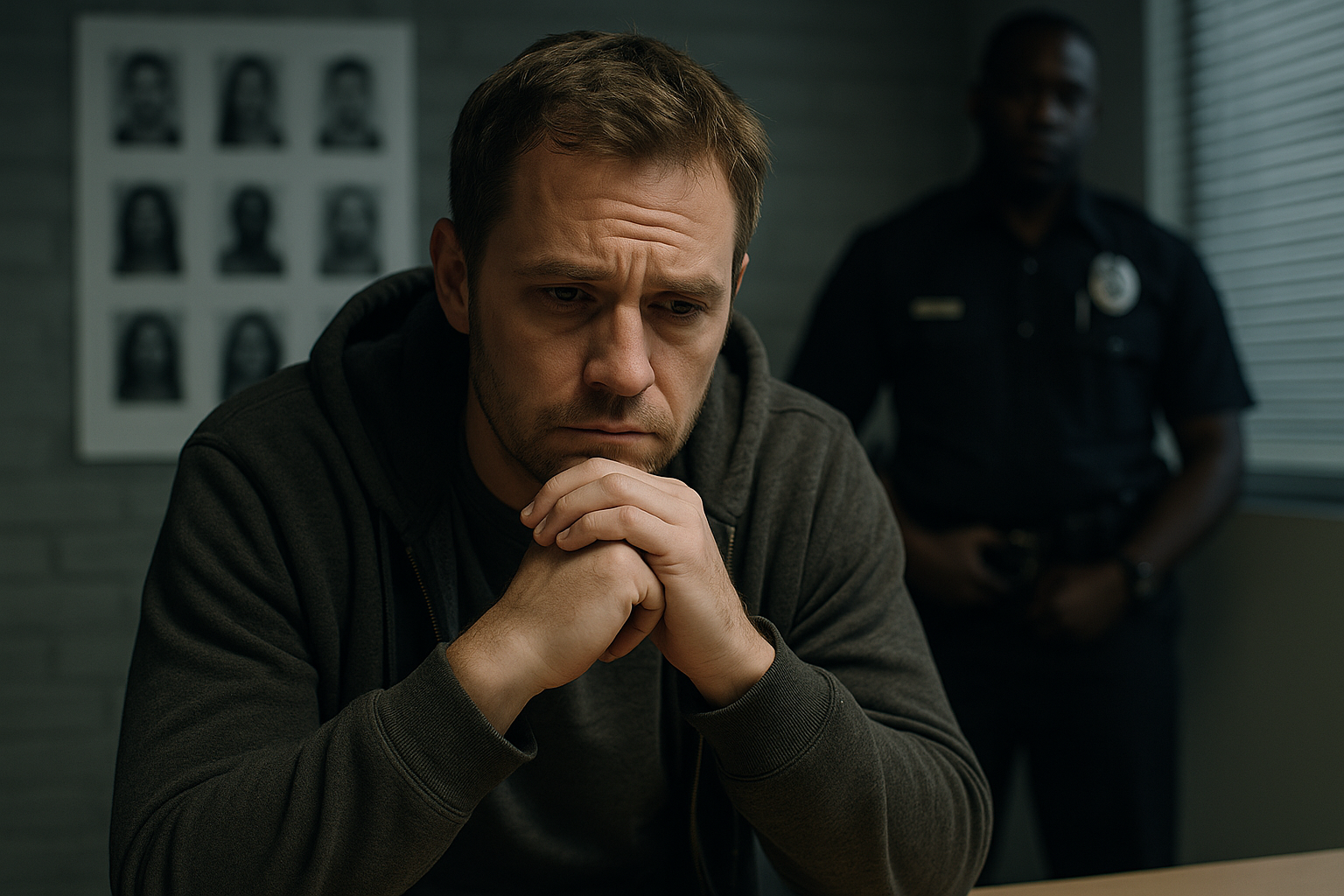What to Do If You Are Charged With Theft
The Reality of Facing Theft Charges
Getting charged with theft in Alabama means your life changes in an instant. Your job, your reputation, and your freedom are all at risk. Police don’t wait around. You get questioned, maybe arrested, and every detail counts. The value of what’s taken, the type of theft, and your past all matter. Prosecutors want quick results and look for anything that makes their case easier.

- Shoplifting: caught on camera or stopped at the door
- Auto theft: keys left in the ignition, or a car missing from a driveway
- Burglary: doors forced open, alarms triggered, neighbors calling 911
- Identity theft: credit cards opened in your name, bank accounts drained
- Receiving stolen property: items found in your car or home, no receipts
Each charge comes with its own set of obstacles. Prosecutors don’t need to prove what you were thinking, just what you did. Theft charges in Alabama aren’t all the same, but they all carry real consequences. The law doesn’t care if you made a mistake or got caught up in something bigger. The system wants answers, and it wants them now.
What Misdemeanor and Felony Really Mean
People hear “misdemeanor” and think it’s a slap on the wrist. That’s a mistake. In Alabama, property worth less than $500 puts you in misdemeanor territory. But even a misdemeanor theft sticks. Employers run background checks. Landlords ask questions. A single conviction can block you from jobs, apartments, and even some schools. The record doesn’t fade away. It follows you.
Felony theft starts at $2,500. The stakes jump. Now you’re looking at prison time, not just fines or probation. Felony means losing the right to vote, trouble getting professional licenses, and a label that never really goes away. The court doesn’t care if you needed the money or thought thought you’d never get caught. The number on the price tag decides your future. Even a first offense can land you behind bars. Repeat offenses? The penalties stack up fast. The system doesn’t forget.
What Happens After You’re Arrested
Police don’t waste time. You get cuffed, read your rights, and taken in. The questions start before you even sit down. They want you to talk. They want you to fill in the blanks. Every word you say gets written down, recorded, and used later. Staying silent isn’t just smart—it’s your right. Don’t explain. Don’t argue. Don’t try to talk your way out. Ask for legal representation and wait. Officers may act friendly, but their job is to build a case. They’re not on your side. They want details, confessions, and mistakes. Don’t give them what they want.
Phone calls are short. Conversations are recorded. Friends and family can’t fix this for you. Only a lawyer can. The sooner you get one, the better your chances. Don’t sign anything. Don’t agree to interviews. Don’t try to explain your side. The system isn’t listening for your story—it’s looking for evidence.
How Real Defense Gets Built
Defense isn’t about clever arguments or dramatic courtroom moments. It’s about facts. Every piece of evidence gets checked. Was the surveillance video clear? Did the police follow the rules? Was the search legal? Did witnesses actually see what they claim? A good defense team digs into every detail. They look for mistakes, missing paperwork, and sloppy police work. They know the prosecution’s playbook. They know where things fall apart.
Our legal team doesn’t just take your word for it. We check the evidence. We talk to witnesses. We look for gaps in the story. Sometimes, the case falls apart because the evidence doesn’t add up. Sometimes, the police skip steps or ignore your rights. We find those cracks. We use them. Reduced charges, dropped cases, or better deals: these don’t happen by accident. They happen because someone knows how to fight back.
- Surveillance footage: blurry, missing, or doesn’t show what they claim
- Witness statements: contradict each other, change over time, or come from unreliable sources
- Police reports: missing details, errors, or signs of rushed work
- Chain of custody: evidence handled by too many people, paperwork missing
- Constitutional violations: illegal searches, no warrant, or ignored rights
Every case is different. The details decide what’s possible. The right defense finds those details and uses them to your advantage.
What to Expect in Court
Court isn’t like TV. There’s no dramatic reveal or last-minute confession. You show up, wait your turn, and listen as the charges are read. The judge doesn’t care about excuses. The prosecutor lays out the case. Your lawyer pushes back. Sometimes, the evidence is weak. Sometimes, the witnesses don’t show. Sometimes, the paperwork is a mess. That’s where cases get dismissed or charges get reduced. But you have to be ready. You have to show up on time, dress right, and keep quiet. The judge notices everything. So does the prosecutor.
Plea deals happen in the hallway, not the courtroom. Your lawyer negotiates. Sometimes you take a deal to avoid a harsher sentence. Sometimes you fight all the way. The decision is yours, but the advice comes from experience. The right lawyer knows when to push and when to settle. They know the judges, the prosecutors, and the system. That’s what makes the difference.
Get Help With Your Theft Defense Today
Pleasant Legal Solutions stands ready to defend your rights and future. Call us at 205-567-7748 or Schedule A Free Consultation to discuss your case with our criminal defense team.
‹ Back





